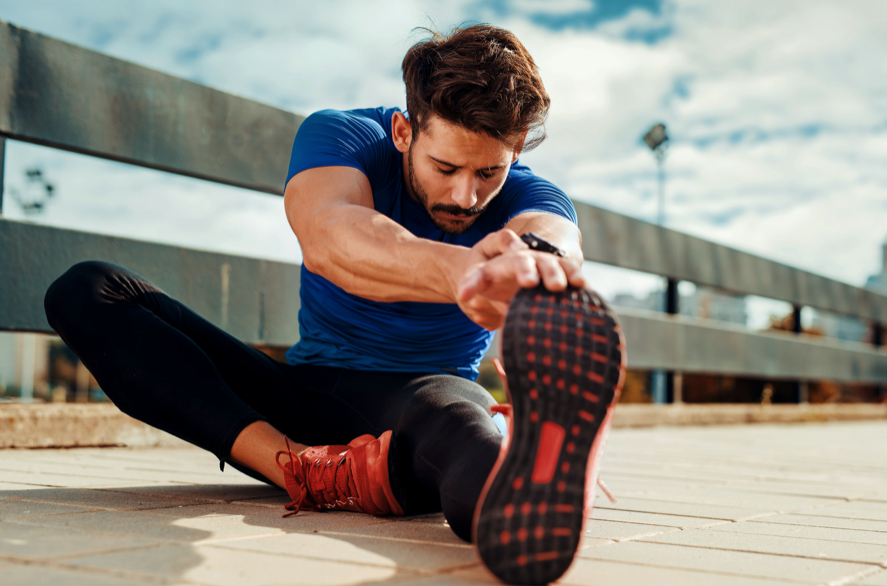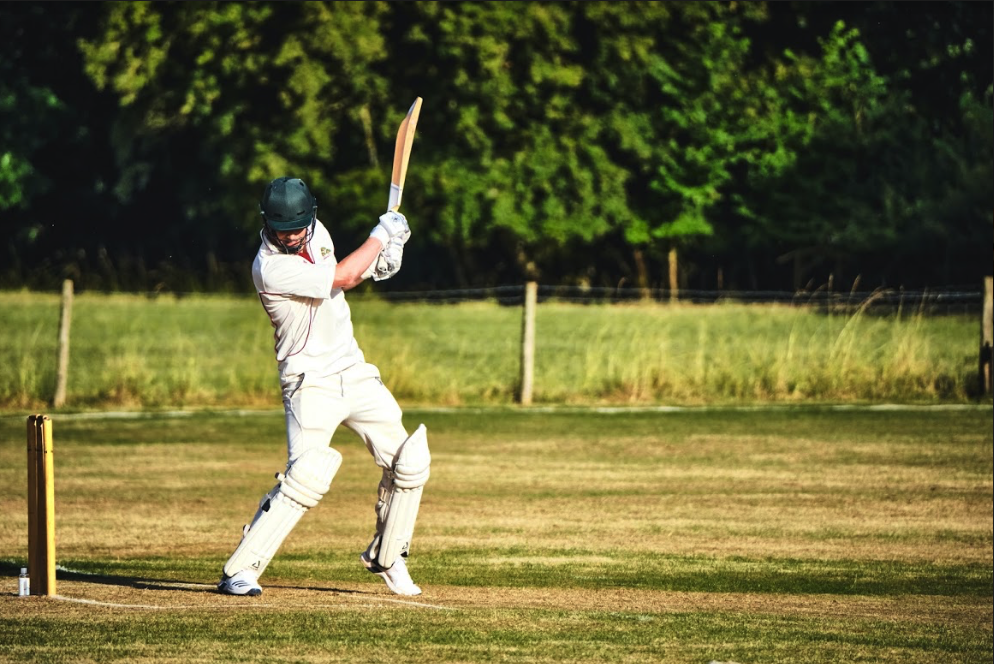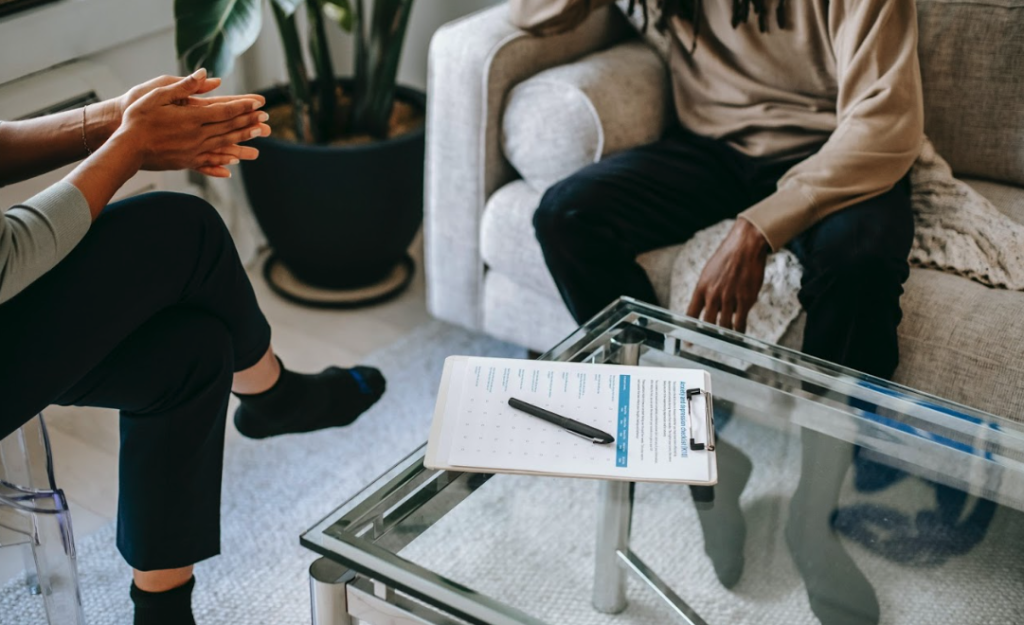Working in a professional sport isn’t just about keeping physically fit and healthy. It is also important to prioritise your mental health and wellbeing.
So what tips do sports psychologists have to manage mental health and wellbeing?

Seek help
Athletes tend to avoid seeking help for mental health and wellbeing. Many people, including athletes, will perceive seeking help for mental health as a weakness. This means the athlete’s mental health can deteriorate while they are avoiding seeking help.
Seek help from a sports psychologist, who will be able to suggest different ways you can manage your mental health and wellbeing and reinforce positive behaviours.
Build resilience
Athletes are often so busy training and focusing on their physical health that they do not set time aside to work on their mental health and wellbeing. This can prove to be harmful in the long term.
Athletes need to make sure to set regular time aside to focus on their mental health and wellbeing. This will also have a positive impact on their physical performance as well.
The more time you spend practising good mental health and wellness practices, the more resilience you will build. When it comes to mental health, it is not a one-size-fits-all approach. What works for one athlete may not work for the next. Instead, change strategies until you find exactly what works for you.
Challenge unhelpful thinking
Athletes will often be under extreme pressure to perform well and to win. This can cause athletes to have negative thoughts, which can be detrimental to their mental health. Thoughts about not being good enough, coaches or teammates not liking them or negative thoughts when they do not achieve their goals are common. This not only negatively impacts their mental health but also their physical performance.
When you have unhelpful thoughts, it is important to try and recognise these thoughts as unhelpful before they can have any negative impact on your mood. Instead, try to think if somebody else would say these things to you. Would you say your best friend isn’t good enough or is a failure? If not, why are you saying these things to yourself? Challenging unhelpful thinking can help to start becoming more positive and as a direct result, improve your physical performance.

Give yourself time to recover
Recovery is a crucial part of your day for athletes. When athletes are so focused on being in the best physical shape, it can often be a struggle to schedule enough time in to recover. However, making sure you have enough time to recover from training and performing is crucial to being able to reach peak performance.
Make sure you get enough sleep each night. Research has shown getting enough sleep is important for performing at your best, and not having enough sleep can increase the likelihood of ending up with an injury.
Introduce a regular sleep schedule so your body is used to a certain routine. Make sure to avoid excessive consumption of caffeine before going to bed; caffeine consumption will result in a poor quality of sleep. When you find you can’t sleep at night, don’t just stay in bed. If you have been awake for longer than 20 minutes, get out of bed and try and relax somewhere else before returning to bed.
Have a good work-life balance
When you’re an athlete, your life can quickly get consumed by your sport. However, it is important to make sure you schedule some time away from the sport just for yourself. Schedule some time for your friends or family, another hobby, studying or even just relaxing at home.
Talk to teammates or coaches
It can often be overwhelming to try and talk about mental health struggles. However, it is worse to keep it to yourself.
If you are struggling, make sure to find someone you trust who you can talk to. Teammates or coaches will be able to directly relate to what you are going through and may have helpful advice they have learned from their own experiences. This is particularly important if you are injured. Reaching out means you will be able to stay in contact with the team even if you aren’t currently training or playing.
Remember, if you are struggling it is ok to reach out for help.


